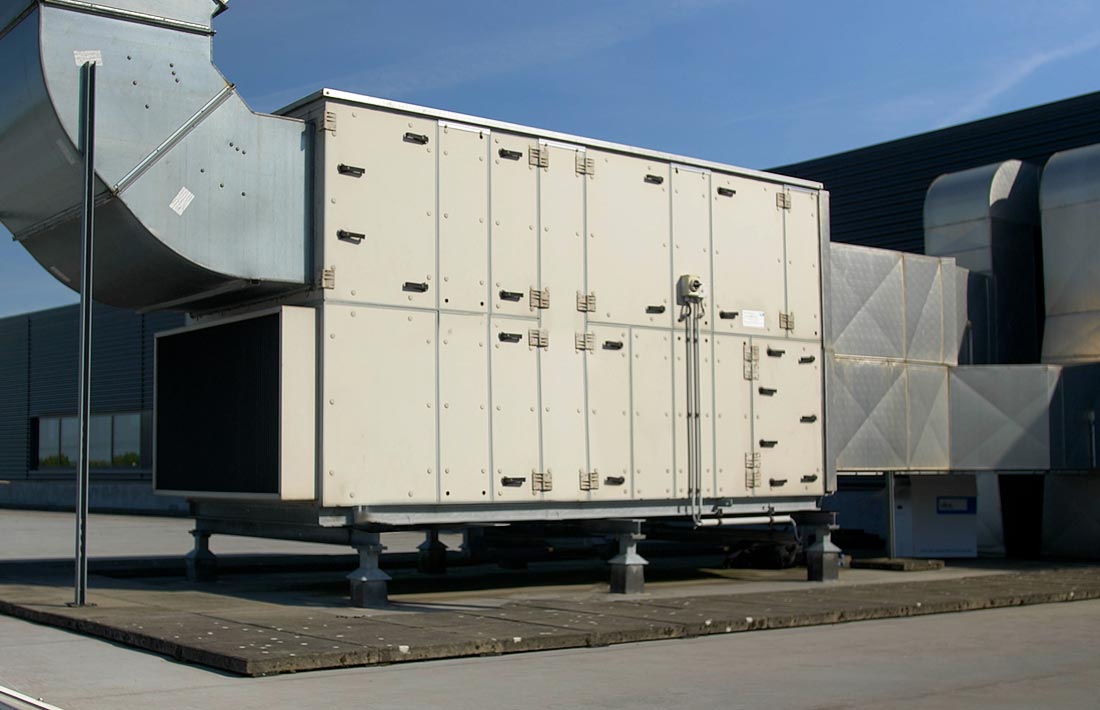
16-10-2024
|
4 min read time
Reduce Your CO2 with Sustainable Ventilation Unit Optimization
Reducing CO₂ emissions is more important than ever. Recent developments, as presented during Prinsjesdag 2024, strongly emphasize green growth and the importance of sustainability across all sectors. The government is focusing on clean energy, reducing emissions, and encouraging sustainable investments. At Vlint, we help organizations achieve sustainability goals. We do this, among other things, by making air handling units more sustainable.
|
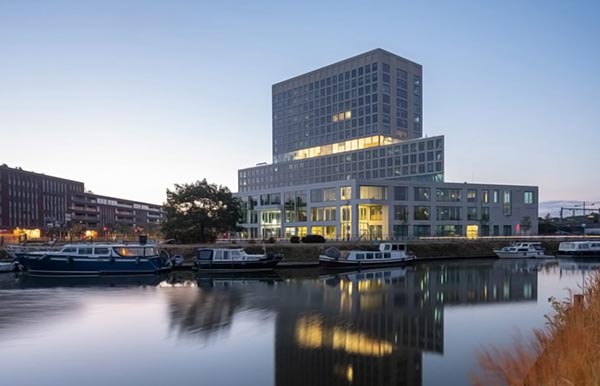
|
The impact of air handling on the CO₂ footprint of your building
Did you know that air handling can influence up to 50% of a building's energy consumption? Many companies and buildings in the commercial and industrial sectors are dealing with outdated, sometimes almost antique, air handling systems that not only consume energy but also cause high CO₂ emissions. If you want to minimize CO₂ emissions or simply reduce energy consumption, addressing the air handling unit is an important step.
|
Replace or make the air handling unit more sustainable?
Replacing the climate unit may initially seem like a logical choice, but it is an expensive and intrusive operation. Purchasing a new unit is not only costly, but its installation can take weeks, causing a building or factory to close temporarily. Moreover, replacing the entire system negatively impacts CO₂ emissions due to production, transportation, and installation. |
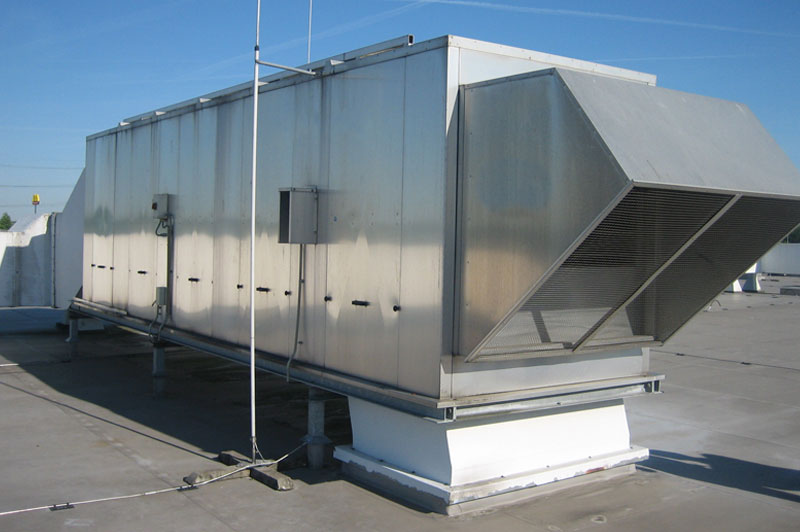
|
|
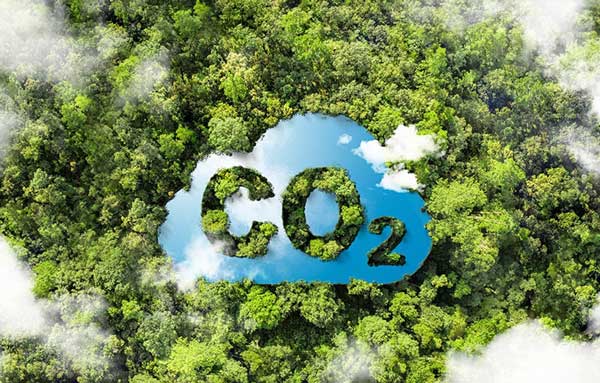
|
The benefits of making it more sustainable:
- CO₂ reduction throughout the entire process
- Sustainability of your building and organization;
- Short payback period, often within four years;
- Lower energy consumption;
- Longer lifespan of the entire system;
- Fewer breakdowns and less maintenance;
- Better air quality in the building.
|
Request a sustainability proposal
Our CO₂-friendly sustainability approach
At Vlint, we have developed an effective approach to make air handling units more sustainable. Our process focuses on reducing your CO₂ footprint, improving energy efficiency, and optimizing the lifespan of your system. This includes minimizing our own CO₂ impact throughout the process. After all, our own CO₂ matters too! How we tackle this exactly you can read here.
Our specialists are VCA certified and have years of experience in the industry and commercial sectors. We take care of the entire sustainability process so that you can focus on your own tasks. But how exactly does this sustainability process work?
Total Sustainability in Six Steps
1. Analysis and
Sustainability Proposal:
We start with a comprehensive analysis of your current air handling unit. Based on this, we provide a proposal, including the expected energy savings and payback time.
|
|
2. Executing the Sustainability Measures:
Our technicians dismantle the outdated components such as motors and snail shells, and adjust the layout of the air handling unit and ductwork as necessary.
|
|
3. Reconditioning
of the Unit:
The unit is thoroughly cleaned, repaired, restored, and brought back to optimal condition so that it can function at its best. Read more about reconditioning.
|
| |
|
|
|
|
4. Installation of
Smart Fans:
We replace the old motors with smart EC fans that are up to 30% more energy-efficient. These fans significantly reduce energy consumption and CO₂ emissions.
|
|
|
|
6. Delivery and
Reporting:
Finally, upon completion, you will receive a full report. The unit will receive the Vlint sustainability label, so everyone can see that your building operates energy efficiently.
|
Would you like to learn more about our approach? See detailed explanation here or contact us.
Contact us
Smart EC Fans
The key component of our sustainability efforts is replacing the old fans with new, smart EC fans. These fans are not only more energy-efficient, but they are also easy to integrate with building management systems (BMS). Thanks to their smart technology, they can be precisely adjusted to the required airflow, so you only use energy when it's truly needed. This has a significant impact on your building's total energy consumption.
|
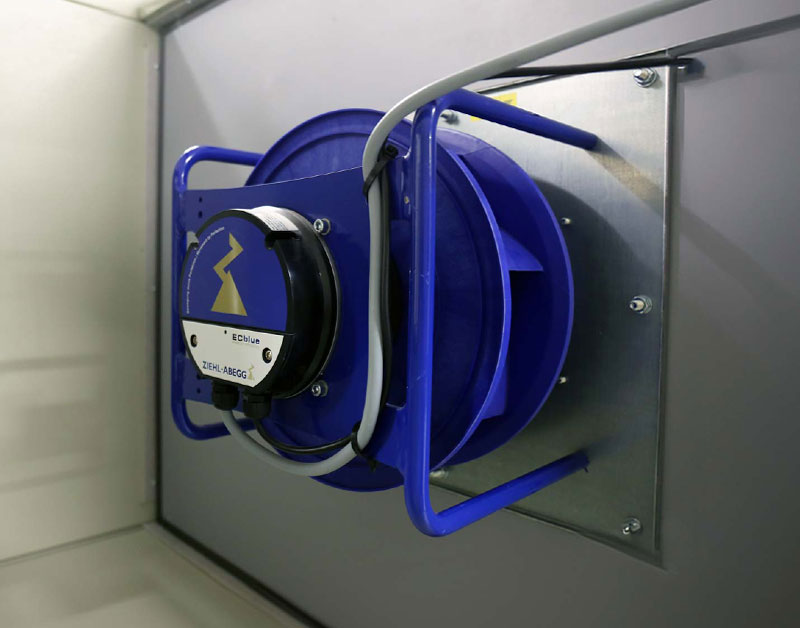
|
Energy-Efficient Filters
In addition to the fans, filters play a crucial role in the energy consumption of your building's air handling system. The higher the air resistance of a filter, the more energy it takes to move air through the filter and system. Our energy-efficient filters are designed to optimize airflow, which can result in savings of up to 68.9%, in addition to improved air quality in the building. |
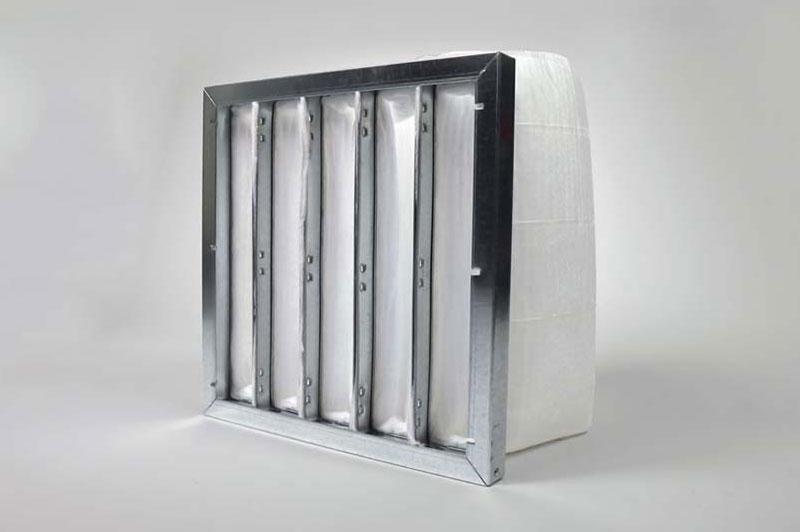
|
Sustainability in Industry
With the availability of €275 million from the Climate Fund, industrial companies can now accelerate their sustainability efforts. As part of the Dutch green growth, various subsidies and support schemes are available, such as the ISDE subsidy, the SDE++ and DEI+. These subsidies can help fund investments in making your air handling systems more sustainable and achieving your sustainability goals.
Choose Sustainability with Vlint
Sustainability is a smart investment that pays off quickly and helps you significantly reduce your CO₂ emissions. Contact us for a sustainability proposal and discover how Vlint can transform your air handling unit into a green powerhouse in six CO₂-friendly steps!
Contact us